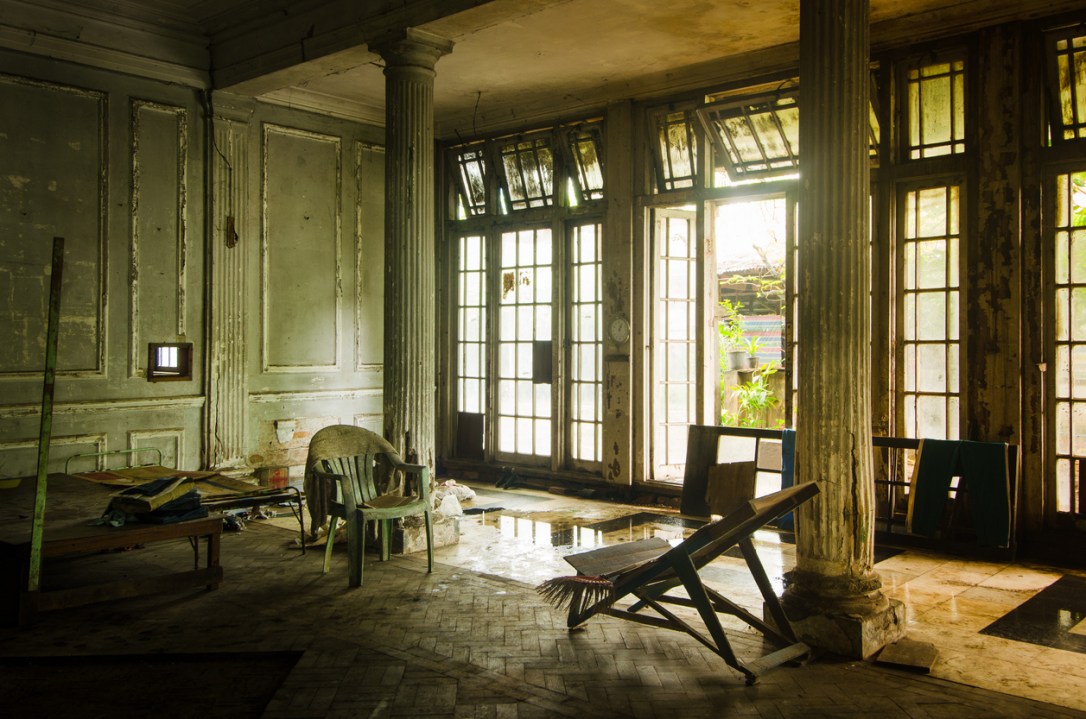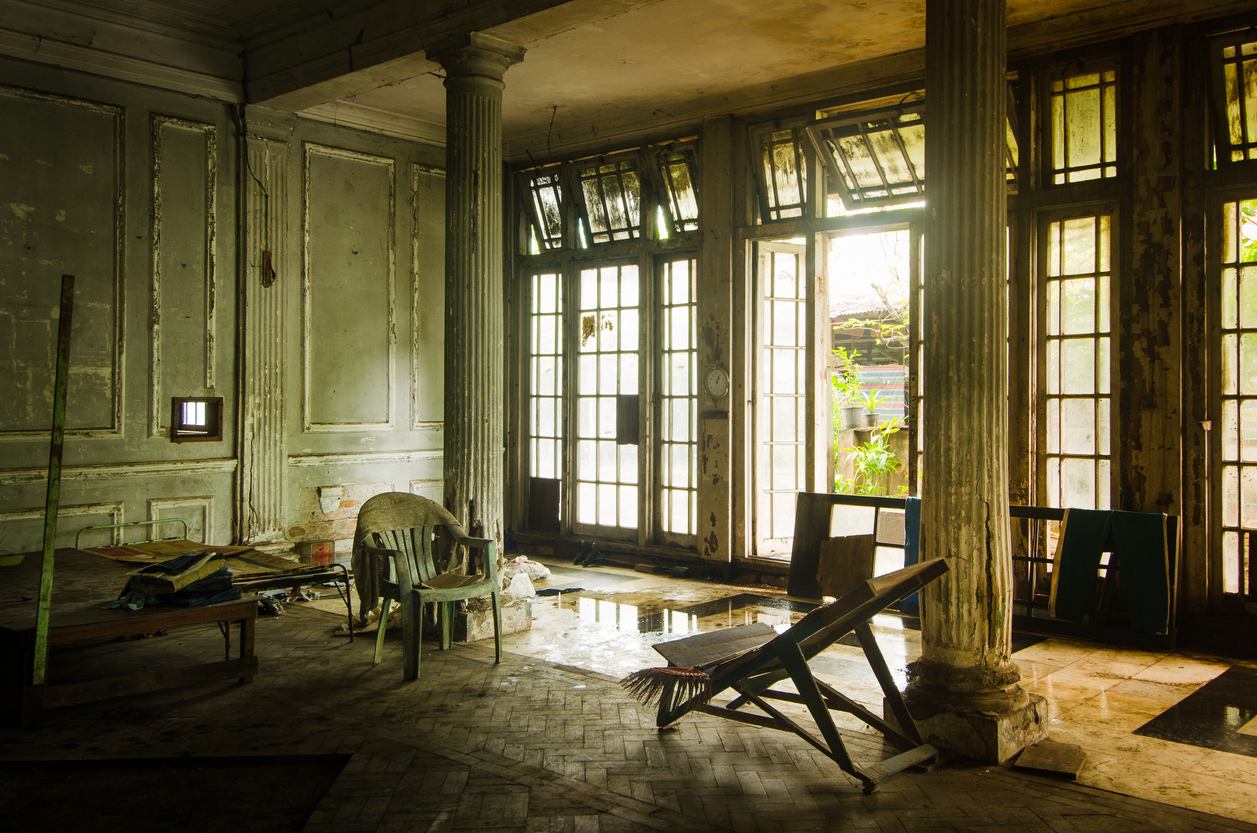You can’t get a Pegu in Rangoon any more. That may not sound like a disaster for the ages – nothing, say, compared to the ongoing chancellorship of Rachel Reeves, MP for Blankstare-upon-Derr – but it is quite telling, once you know the background. To explain, the Pegu is a cocktail. Here’s the recipe, if you fancy making one:
- Take 2 oz of gin.
- Add ¾ oz of orange curaçao or triple sec.
- Squeeze ½ oz of fresh lime juice.
- Include 2 dashes of Angostura bitters.
- Add 1 dash of orange bitters.
- Fill a cocktail shaker with ice and combine all the ingredients.
- Shake vigorously for 15 to 20 seconds until well chilled.
- Strain into a chilled coupe or martini glass.
Sounds nice, right? Well, maybe not if you’re in Blighty shivering under 3°C and an overcast sky (why on earth would you do that?), but if you’re in Rangoon sweltering under 33°C cloudless skies, as I am, then this sounds utterly delish. Refreshing, icy, boozy, tart, bittersweet, mmm. And so it was, a couple of days ago, I went in hunt of my Pegu. First, and quite naturally, I tried the Pegu Club, where the cocktail was invented, thus giving it the name (which ultimately derives from an ancient Burmese kingdom).
A hundred years ago, Rangoon’s Pegu Club was the place to see and be seen for anyone connected to the empire in south-east Asia (unless you were a local, then they didn’t let you in). Rudyard Kipling stopped by here during his one and only visit to Burma, which lasted about half an hour – but which nonetheless produced one of the most famous poems of empire: ‘Mandalay’. You might recognise these lines:
Ship me somewheres east of Suez, where the best is like the worst,
Where there aren’t no Ten Commandments an’ a man can raise a thirst.
Sadly, I can report that the Pegu Club is no longer dishing out Pegus to any pukka Brit who has successfully raised a thirst. Since its imperial heyday, the Pegu Club has variously served as a wartime Japanese brothel (complete with sex slaves), a civil service dormitory, a local tax office, and the department of pensions. From 2017 it was lavishly renovated, but at the time of writing, the grand old teakwood mansion is drowsy and silent, and no one dances in the Prince of Wales Ballroom.
Finding no Pegus at the Pegu only charged my desire for Pegus, however. Goddammit, I am British. And thus it was I went on a hunt for Pegus in Rangoon. And it was this urban tour of downtown British Rangoon, with its many fine or mighty British colonial buildings and its faintly enduring air of British imperial swagger and superbitus, which led me to the conclusion: it’s depressing to be British.
Why? Not because of British weather or the existence of Luton – annoying as they can be. No, being British is depressing because we Britons are the first globally hegemonic people to witness the decline and extinction of our world-ruling empire in little more than a generation.
And this is what I saw on my Pegu hunt: British Rangoon, but also the end of British Rangoon; empire and likewise the end of empire. All of it in front of me, the entire history laid out in a handsome city the British threw up in about 40 years around the beginning of the 20th century – and just a £70 flight from Bangkok.
Britons in 2025 are like post-imperial Romans in the 5th century AD
In a way, Britons in 2025 are like post-imperial Romans in the 5th century AD – but only if those Romans had lived long enough to read Gibbon’s Decline and Fall and were able to see the goat-herds in the Colosseum on Instagram. This melancholy is reinforced by the scale of what we, as Britons, have lost. Ours was not just ‘an empire’; ours was the greatest empire in history. It was Britain, our sweet, damp, green archipelago off north-west Europe, that conquered and ravished the world, conceiving modernity. It wasn’t the Turks, the French, the Spanish, the Chinese or even the Romans – it was us.
And now all of that has gone, in a few brief decades – a single lifespan. My mother, for instance, can recall when a third of the world was pink. It is that close in time. Yet she has also lived to see that empire entirely vanish and Britain come close to breaking up. And now she has to witness the invidious spectacle of a British prime minister begging a US president for permission to pay a foreign country to take one of our last imperial possessions. A transaction so ridiculous and craven no word exists to describe it in the English language.
To add to the melancholy, as my Rangoon Pegu hunt showed me – the Chagos surrender and our treacherous Labour government may not even be the end of British decline. It might go even further. As I schlepped, Pegu-less, from the Savoy Yangon (shut) to the famous Strand Hotel (shut), I also noted how many British imperial structures are in abject, if picturesque, decay – with jungle crows in the colonnades, banyan trees in backyards, and traders selling lychees and cheroots in the crumbling halls.
Might this vivid urban decline also come to the UK itself? It’s not impossible. Perhaps in two decades we will see a version of mildewed Rangoon, but on the greyer streets of the imperial metropole. Perhaps in two decades hawkers will crouch in the ruinous porches of Whitehall, selling tiny turnips and samosas to curious Chinese tourists.
It is, as I suggest, quite melancholic. Which is why I am still desperate for a Pegu in Rangoon. But until that quenching moment, when I can solace my British sadness with cold gin and triple sec, I am consoling myself with Kipling’s verse.
By the old Moulmein Pagoda, lookin’ lazy at the sea,
There’s a Burma girl a-settin’, and I know she thinks o’ me;
For the wind is in the palm-trees, and the temple-bells they say:
‘Come you back, you British soldier; come you back to Mandalay!’Come you back to Mandalay,
Where the old Flotilla lay:
Can’t you ‘ear their paddles chunkin’, from Rangoon to Mandalay.








Comments